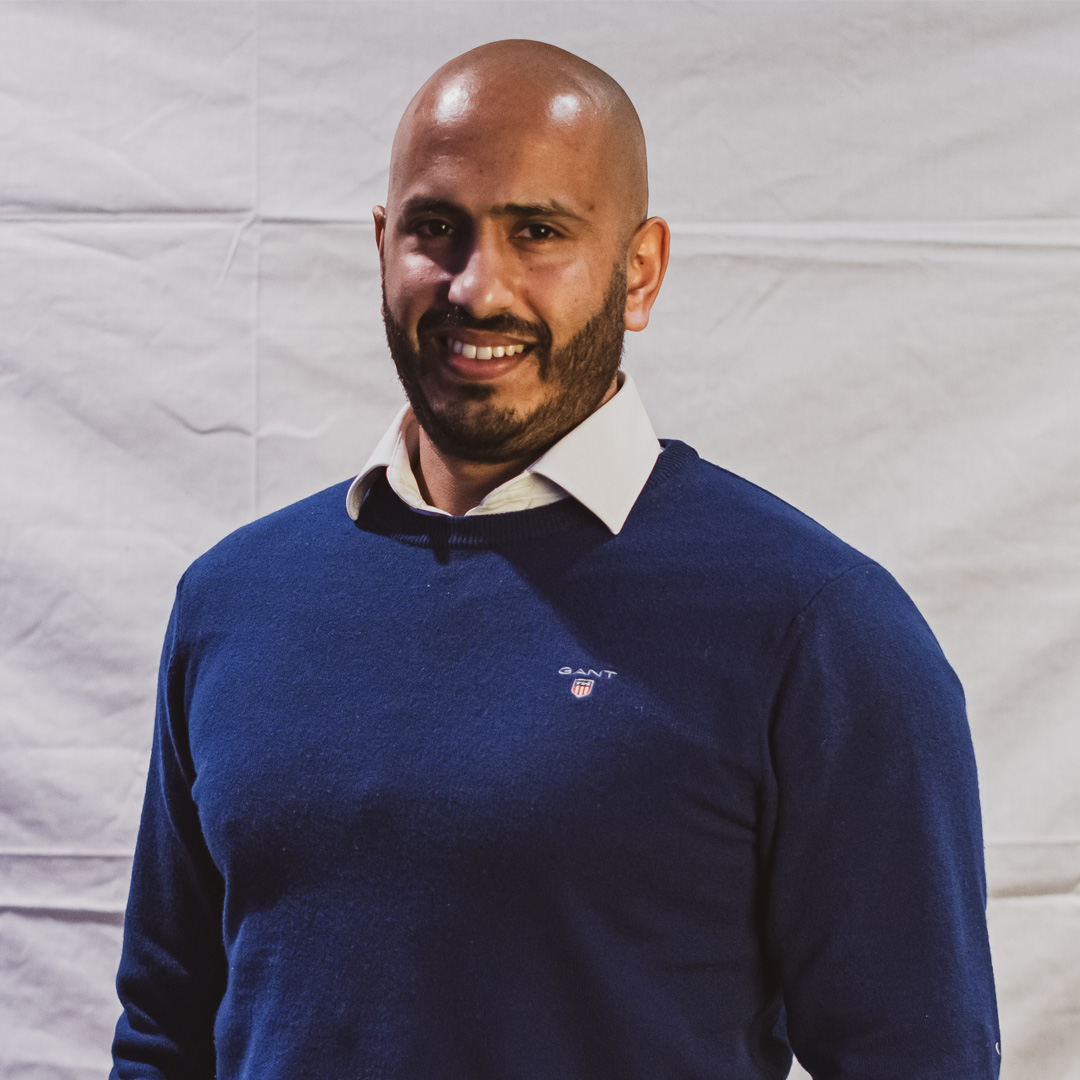My Topol fellowship problem / project:
Thyroid cancer remains the 4th most common cancer in women and is increasing in incidence. Many more thyroid nodules are being detected with up to 50% of women over 50 are estimated as having at least one thyroid nodule. The investigation of choice to exclude cancer is ultrasound given its speed, cost and superior textural assessment allowing stratification into benign, indeterminate, suspicious and cancer. However, due to the inherent subjectivity of visual classification systems, there is variation in how these ultrasound images are interpreted.
Unfortunately, many nodules (approximately 15%) are classified as “indeterminate” despite further invasive testing including needle biopsy. Ultimately, this results in diagnostic surgery which carries risks such as bleeding, hoarseness, scarring, low blood calcium and low thyroxine levels. An almost unbelievable three quarters of these nodules end up being diagnosed as benign only after surgery. A trained artificial intelligence program may improve diagnostic accuracy of ultrasound images and avoid unnecessary operations, therefore reducing complications from surgery, reducing patient anxiety and reducing costs to the NHS. Subsets of image analysis and AI, specifically radiomics and deep learning are able to classify images without significant human guidance. These methods can mitigate the limitations of human interpretation and find deeper associations that are imperceptible to us. In practice, with sufficient datasets they may improve diagnostic accuracy and reduce the number of unnecessary biopsies and surgeries, whilst also working as a safeguard against human error. My work focuses on exploring the uses of these AI based tools to differentiate benign and malignant images on ultrasound. This work will be the first of its kind in the UK.
About me
I’m an Ear Nose and Throat (ENT) registrar, currently training in London. As part of my ongoing PhD at Imperial College I am examining the role of AI in differentiating benign and cancerous thyroid nodules. So far, I have been lucky to win the prestigious “British Journal of Surgery” first prize and have been awarded several nationally competitive grants & research fellowships. I am also currently an AI lecturer on the MSc in Surgical Innovation at Imperial College London. Whilst the President of the national ENT Trainee Association during the height of the coronavirus (COVID_19) pandemic, (2019-2021), I created and chaired a digital health education initiative “AOT ENT Education” which now has over 5000 international subscribers, and was awarded a national prize from ENT UK. I serve as an AI & Digital Literacy Mentor for the Royal College of Surgeons (RCS) Innovation Skills Course and was a founding member and AI co-lead for the RCS Commission – “Future of Surgery : Technology Enhanced Surgical Training”. Recently, I have been lucky enough to gain admission onto the NHS Clinical Entrepreneur Programme. I was awarded 1 of 3 academic scholarships to read medicine at Imperial College London and later graduated with double distinction in Medicine and a BSc (Hons) in Neuroscience. I was lucky enough to be elected as 1 of 3 speakers for our medical school graduation year dinner.

